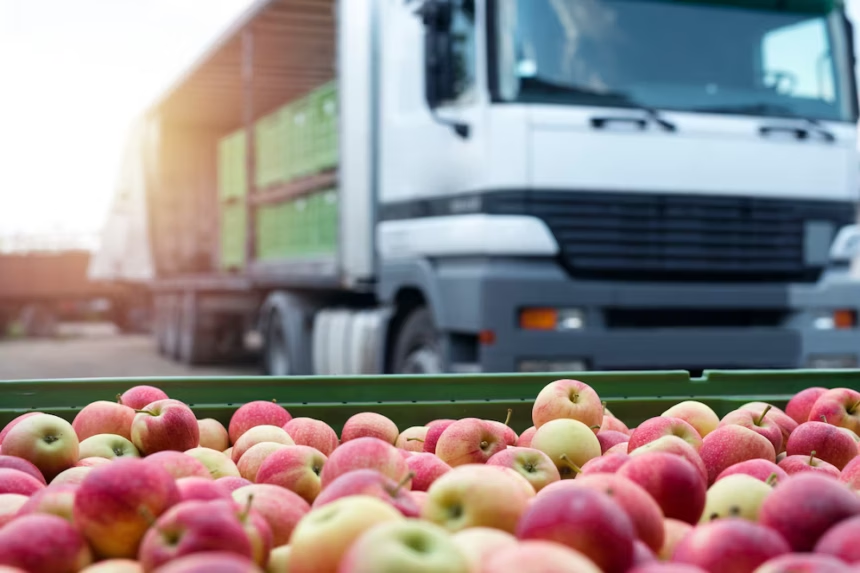Exporting agricultural products from South Africa involves strict regulations to ensure the quality, safety, and traceability of goods entering international markets. To facilitate legal and smooth exports, farmers, traders, and exporters must obtain the necessary export permits and certifications from the relevant authorities. These permits vary depending on the type of product and destination country, but several are commonly required across most agricultural exports.
1. Registration with DAFF
Before applying for any permits, exporters must register with the Department of Agriculture, Forestry and Fisheries (DAFF)—now operating under the Department of Agriculture, Land Reform and Rural Development (DALRRD). Registration enables access to export systems and official inspections.
2. Application for an Export Permit
The primary document required is the Export Permit, issued by DALRRD. This permit confirms that the agricultural product complies with South African and international phytosanitary and quality standards. To obtain it, exporters must:
- Submit an application via the Export Control System (ECS) or relevant department
- Provide details of the product, quantity, and destination country
- Indicate the packing and inspection site
3. Phytosanitary Certificate
For fresh produce, grains, and other plant-based products, a Phytosanitary Certificate is mandatory. Issued after inspection by DALRRD, this certificate confirms the goods are free from pests and diseases. The importing country often requires this document for border clearance.
4. Food Safety and Quality Compliance
Many export destinations, especially in the European Union and Middle East, require proof that products meet specific food safety standards. Exporters may need:
- GlobalG.A.P. certification (for Good Agricultural Practices)
- HACCP compliance (Hazard Analysis and Critical Control Points)
- PPECB inspection by the Perishable Products Export Control Board for quality and cold chain verification
5. Export Control Permits for Specific Products
Certain agricultural products fall under Export Control Regulations, which means they can only be exported with a special permit. These include:
- Dairy products
- Certain grains and cereals
- Fresh vegetables and fruits
- Sugar and sugar products
- Wine and alcoholic beverages
Exporters must check if their product appears on the controlled goods list.
6. Permits from Other Regulatory Bodies
Depending on the product, exporters may also need permits from:
- Department of Health (for processed food items and beverages)
- National Regulator for Compulsory Specifications (NRCS) (for canned and processed foods)
- South African Revenue Service (SARS) for customs declarations and tariff classification
7. Destination Country Requirements
In addition to South African permits, exporters must research and comply with the regulations of the importing country. This could include:
- Import licenses
- Country-specific labelling requirements
- Residue level limits
- Packaging and fumigation rules
Exporting agricultural products from South Africa is a rewarding venture but demands compliance with a range of legal and phytosanitary requirements. By securing the necessary export permits and certifications, exporters not only meet regulatory obligations but also build credibility and trust in global markets. Staying informed and working closely with the relevant authorities is key to ensuring a successful and compliant export process.
Join 'Farmers Mag' WhatsApp Channel
Get the latest Farming news and tips delivered straight to your WhatsApp
CLICK HERE TO JOIN






